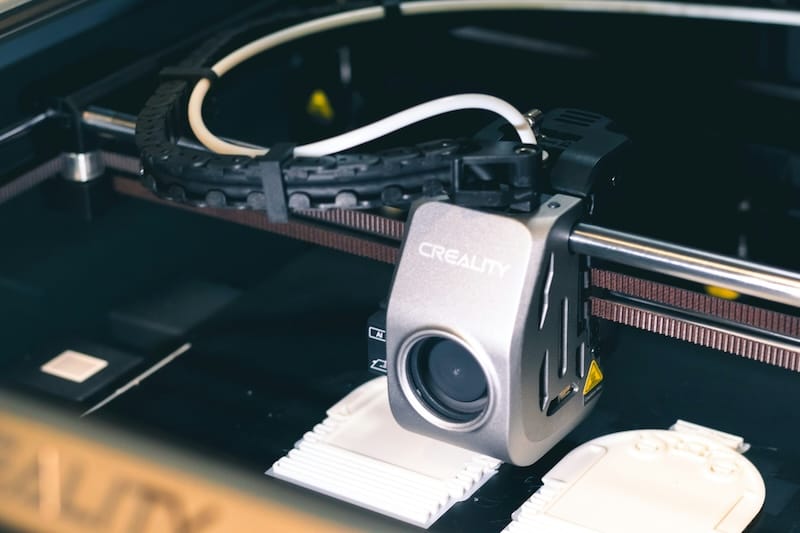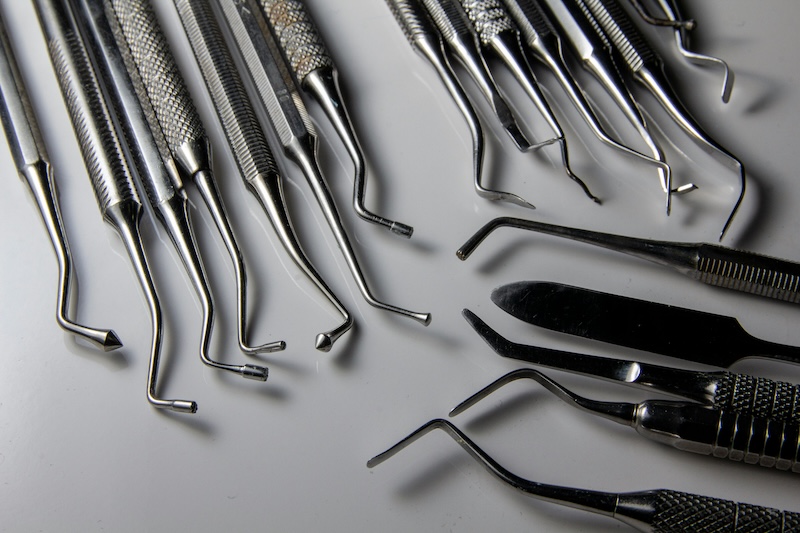Introduction: Titanium powder is transforming the medical technology landscape.
Titanium is widely recognized in the medical field for its strength, biocompatibility, and corrosion resistance. As a result, titanium powder has emerged as a crucial material in the production of medical devices and technologies. But how exactly is titanium powder being leveraged in medical technologies, and what makes it so valuable?
Titanium powder plays a key role in the production of advanced medical implants, prosthetics, and devices, offering unmatched strength, durability, and biocompatibility.
Let’s explore how titanium powder is being utilized to improve medical technologies and enhance patient care.

How Is Titanium Powder Used in 3D Printing for Medical Implants?
3D printing, or additive manufacturing, is revolutionizing the production of custom medical implants. Titanium powder plays a central role in this process due to its ability to form highly detailed and precise structures.
• Customized Implants: Titanium powder can be used in 3D printing to create personalized implants tailored to the unique anatomy of individual patients. This allows for better fitting, improved comfort, and enhanced functionality compared to traditional off-the-shelf implants.
• Complex Geometries: With 3D printing, it is possible to create complex implant structures that would be difficult or impossible to manufacture using traditional methods. Titanium powder’s ability to form intricate designs enhances the performance of implants, such as those used in orthopedics or cranial surgeries.
Titanium powder enables the production of customized and highly intricate medical implants, improving outcomes and patient satisfaction.
How Does Titanium Powder Improve the Biocompatibility of Medical Implants?
Biocompatibility is essential for medical implants, as they must integrate seamlessly with the human body without causing adverse reactions. Titanium has long been known for its excellent biocompatibility, and titanium powder enhances this quality in medical applications.
• Natural Integration with Bone: Titanium implants made from titanium powder naturally bond with bone tissue through a process known as osseointegration. This property is especially beneficial in orthopedic and dental implants, where the goal is to ensure long-term stability and functionality.
• Non-reactive Material: Titanium’s resistance to corrosion and its ability to withstand harsh body conditions (e.g., exposure to bodily fluids) ensures that it remains inert and does not trigger immune responses. As a result, titanium powder used in medical implants reduces the risk of complications such as rejection or infection.
Titanium powder’s biocompatibility helps implants integrate with human tissue, enhancing safety and long-term success rates.
How Does Titanium Powder Benefit the Production of Lightweight Medical Devices?
Titanium’s lightweight properties make it a preferred material in the medical device industry. Titanium powder, when used in manufacturing processes, maintains this advantage, making medical devices both functional and easy to handle.
• Lightweight Prosthetics: Prosthetic limbs and orthopedic devices made from titanium powder are not only durable but also lightweight, making them more comfortable for patients to wear. The reduced weight enhances mobility and reduces the strain on the patient’s body.
• Wearable Medical Devices: Titanium powder is also used in the production of lightweight, durable wearable medical devices such as hearing aids, pacemakers, and insulin pumps. These devices require materials that are both lightweight and strong, and titanium offers the ideal balance.
Titanium powder helps produce lightweight, durable medical devices, improving comfort and mobility for patients.
How Does Titanium Powder Contribute to the Durability of Medical Implants?
Durability is a critical factor in the longevity and performance of medical implants. Titanium’s inherent strength and resistance to wear make it an ideal material for implants that need to withstand long-term use.
• Wear Resistance: Titanium’s exceptional resistance to wear and corrosion means that implants made from titanium powder can endure the mechanical stresses and environmental conditions within the body for extended periods without degrading. This is especially important for joint replacements and dental implants, where the material must endure repeated motion and stress.
• Impact Resistance: Titanium is also highly resistant to impacts, making it ideal for use in high-stress areas such as knee and hip implants. Its ability to maintain structural integrity over time reduces the risk of implant failure, ensuring long-term reliability for patients.
Titanium powder contributes to the durability of implants, ensuring they withstand long-term use and perform effectively over time.
How Does Titanium Powder Enable the Creation of Non-Obtrusive, Aesthetic Medical Devices?
Aesthetics are an important consideration for many medical devices, especially those used in visible areas like facial implants or dental replacements. Titanium powder allows manufacturers to create implants that not only function well but also look natural and unobtrusive.
• Dental Implants: Titanium dental implants, made using titanium powder in 3D printing or other additive manufacturing processes, are highly effective and have a natural appearance. The material’s ability to blend seamlessly with bone tissue helps create dental implants that are both strong and visually appealing.
• Facial Reconstruction: In facial reconstruction surgeries, titanium powder can be used to create custom implants that match the contours of a patient’s face. These implants are lightweight, durable, and aesthetically pleasing, ensuring that the patient’s appearance is restored as closely as possible to its original form.
Titanium powder enables the production of aesthetic medical devices, ensuring a balance between functionality and visual appeal.

How Is Titanium Powder Used in the Development of Surgical Tools?
Titanium powder is also being employed in the creation of advanced surgical tools. Its strength, non-reactivity, and ability to be finely machined make it a superior material for instruments that require precision and durability.
• Surgical Instruments: Titanium powder is used to create lightweight, corrosion-resistant surgical instruments, such as scalpels, forceps, and scissors. These instruments are designed to last longer and resist the wear that can degrade traditional stainless steel tools.
• Minimally Invasive Tools: Titanium’s ability to be precisely shaped allows the production of minimally invasive surgical tools. These tools are often lighter and more durable than traditional counterparts, providing surgeons with a better range of motion and reducing fatigue during long procedures.
Titanium powder improves the performance and longevity of surgical tools, ensuring that they remain effective and reliable throughout medical procedures.
Claim: Titanium Powder is Driving Innovation in Medical Technologies
Titanium powder has proven itself as a versatile and valuable material in the field of medical technologies. Its unique properties—such as biocompatibility, durability, and lightweight nature—enable the development of advanced medical devices, implants, and surgical tools. With the continued use of titanium powder, manufacturers can create products that improve patient outcomes and enhance the quality of care.
Conclusion: Titanium Powder is Essential to Advancing Medical Technologies
From implants to surgical instruments, titanium powder plays a key role in the continued innovation and advancement of medical technologies. In my opinion, as the medical field increasingly relies on personalized solutions and minimally invasive procedures, titanium powder will remain at the forefront of creating safer, more effective, and more durable medical products.






